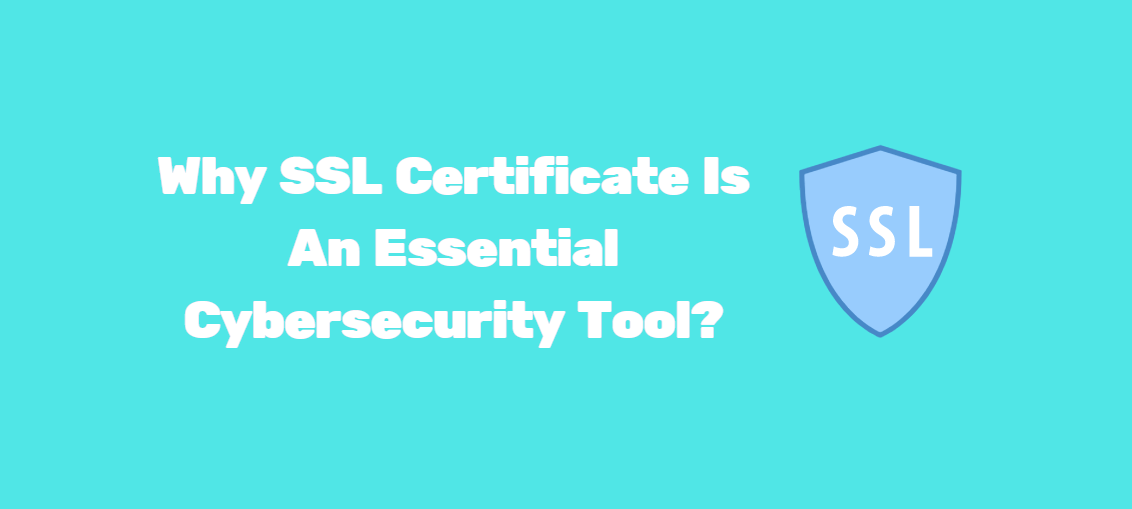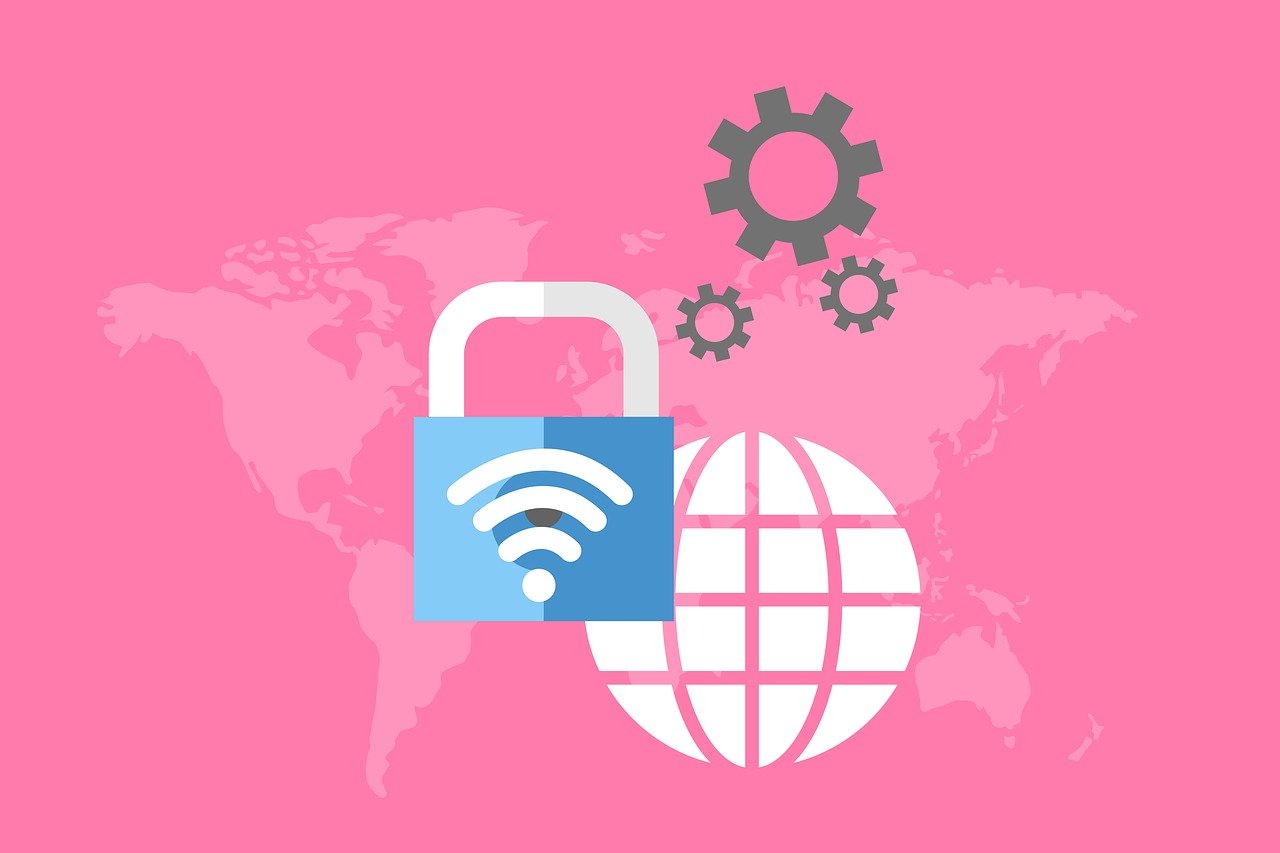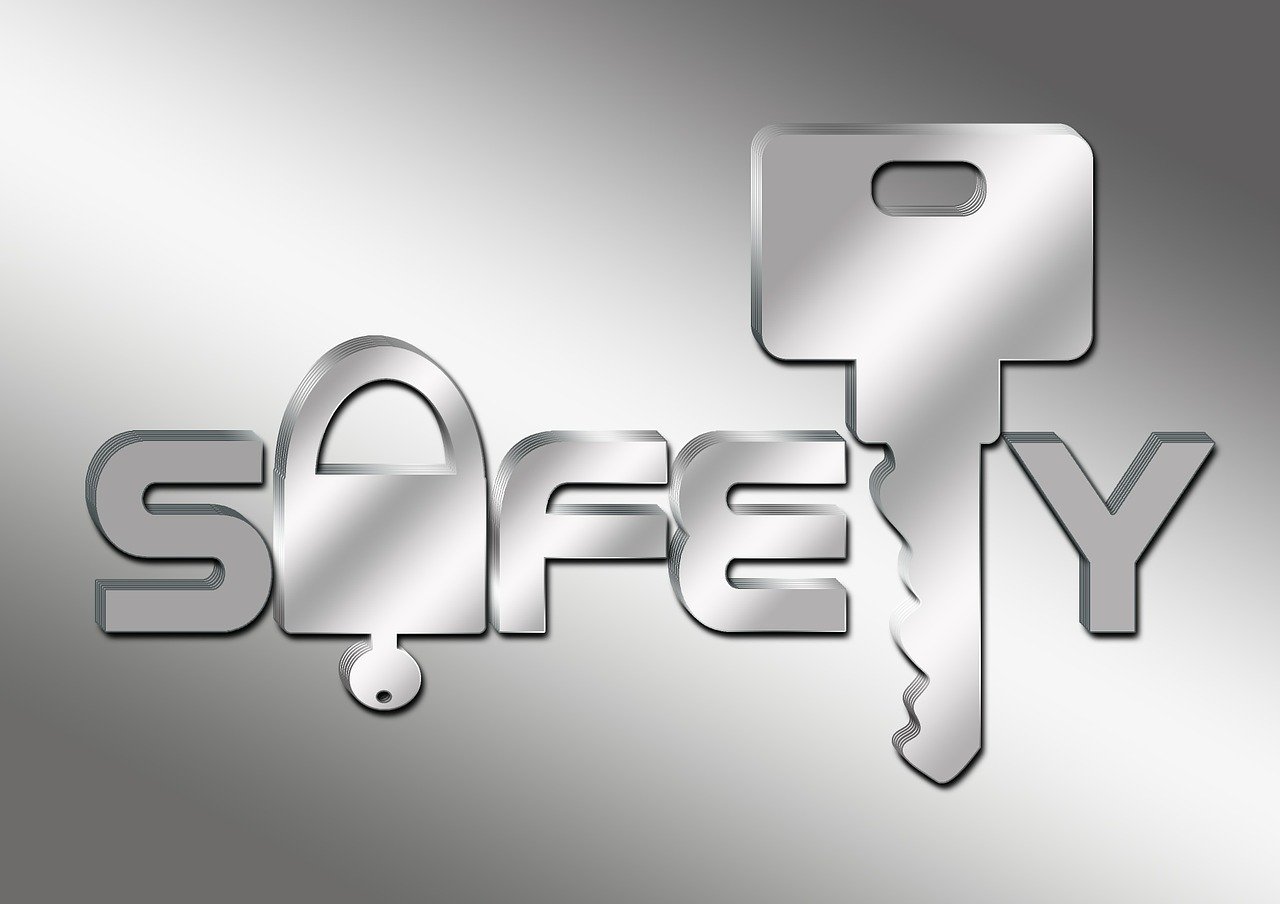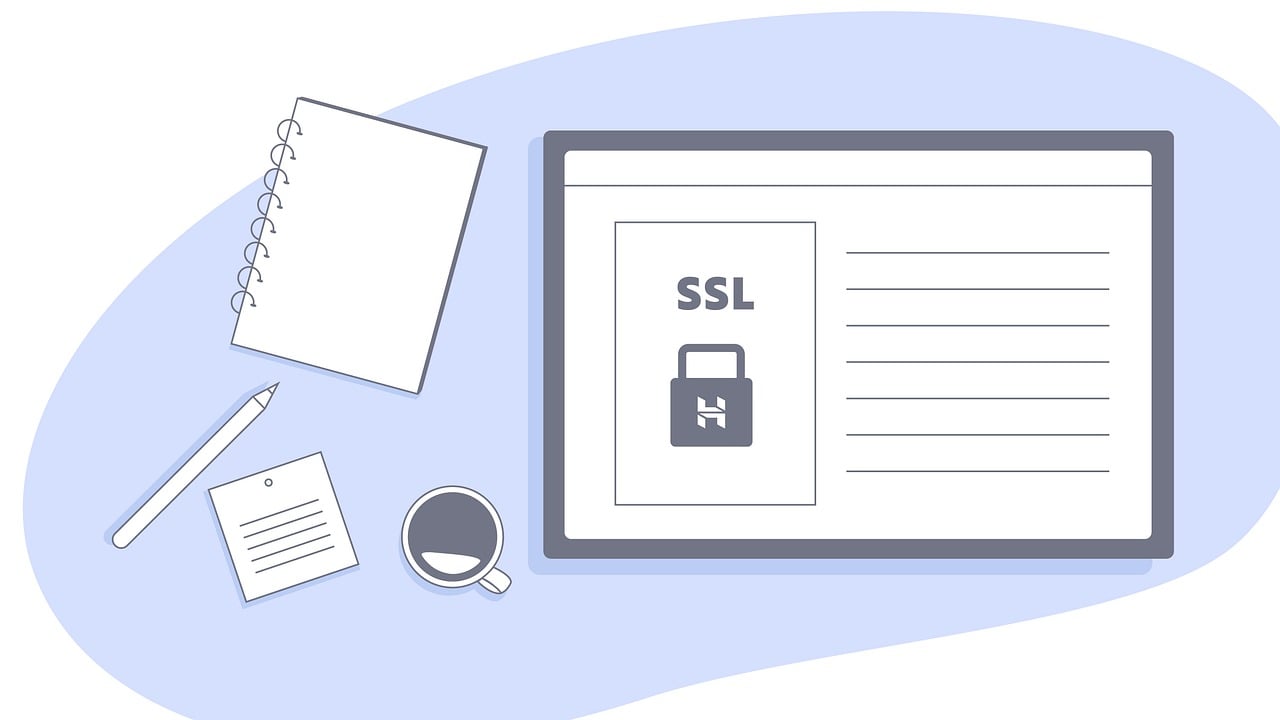This post will explain why the SSL certificate is an essential cybersecurity tool.
The number of cybersecurity breaches is growing at an astounding rate. According to the 2019 report, 15 billion records were exposed due to data breaches.
For any website owner, strengthening website security should be a top priority. While many cybersecurity tools and practices exist, website owners often neglect the importance of having an SSL certificate.
What is SSL? How does it help you improve website security?
Table of Contents
What Is SSL?
Have you ever noticed that some websites have URLs starting with http://while others begin with https://?
While this extra “s” may seem irr” l “vant, it makes a big difference.
It indicates that a user can safely share data with you.
Namely, HTTP is a text-based protocol. Websites using it are more straightforward to hack. Cybercriminals can intercept website traffic and read the data transmitted through it.
HTTPS is a binary protocol that encrypts and decrypts data across computer networks. It prevents cybercriminals from accessing your visitors’ information, which can only see fragments of data and not the content of the request.
Why SSL Certificate Is An Essential Cybersecurity Tool?
The Internet is a fantastic tool for communication and information, but it comes with inherent risks. Data travels across vast networks, and without proper security measures, it can be intercepted or tampered with.
This is where SSL certificates come in – they play a vital role in cybersecurity by creating a secure connection between your browser and the websites you visit.
Here’s why SSL cHere’scates are essential cybersecurity tools:
Encryption: An SSL certificate encrypts the data between your browser and the website. This means that even if someone manages to intercept the data transmission, they wouldn’t be able to intercept it appears scrambled and unreadable. This safeguards sensitive information like credit card details, login credentials, and personal data you submit on websites.
Authentication: SSL certificates verify the website’s identity. Visit a website with a valid SSL certificate, and your browser checks a trusted authority to confirm that the website is legitimate and not a malicious imposter trying to steal your information. This helps prevent phishing attacks where fake websites trick you into revealing sensitive data.
Trust and Confidence: An SSL certificate, indicated by a padlock symbol in your browser and “HTTPS” in the “dress,” ensures users that the website takes security seriously. This builds trust and encourages users to interact with the website, knowing their information is protected.
Improved Search Ranking: Search engines like Google prioritize websites with SSL certificates in their search results. This can give websites with SSL a slight edge in search engine ranking, potentially increasing website traffic.
In essence, SSL certificates are like bouncers at a club. They check IDs (website authentication), ensure only authorized users enter (encryption), and create a safe environment for everyone involved.
Here’s a quick rHere’sWithout SSL: Your data is vulnerable to interception during transmission.
- With SSL, Your data is encrypted and safe from prying eyes.
By requiring websites to have valid SSL certificates, we can create a more secure online environment for everyone. A small section means security, which makes a big difference in protecting your data and privacy online.
Why Should You Invest In An SSL Certificate?
Without an SSL certificate, your site’s security site will be complete.
SSL protects the communication happening between servers and websites. Once you install it on your website, you ensure all interactions with your website are encrypted.
SSL protects your customers’ information, such as credit card details, personally identifiable data, health records, etc. By encoding customer data, SSL makes it useless for intruders. Even if they intercept customer data, they cannot decode and use it.
Besides protecting your website, an SSL certificate secures email communications and interactions over unsecured networks.
READ ALSO: Website Security Check: How Secure Is Your Website?
The Additional Perks of SSL
SSL boosts SEO rankings, as well. Google HTTPS guarantees organic ranking improvements for sites using SSL certificates.
According to Google, having an SSL certificate is a “very lightweigh” signal,” meaning that i” does not deliver a dramatic SEO boost. For example, it can help you gain an edge over rivals that still use HTTP. However, HTTPS alone is not enough to reach the top SERP listings. You still need to optimize your website for search engines.
However, SSL can have an indirect impact on your organic rankings. For example, it impacts the overall credibility of your website. In 2017, Google Chrome started marking sites with HTTP as “not secure.” On “the other hand, sites having an SSL certificate have a green padlock and a “secure” label. “There” re, there HTTPS may harm your brand authority. Seeing that Google has labeled your website as unsafe, your prospects may decide to leave it. That can affect your user engagement metrics and conversion rates and enhance your bounce rates. To Google, that may indicate that your website is not relevant or safe enough.
What Types of SSL Certificates Are There?
SSL certificates are processed by a Certificate Authority (CA). That is software specifically designed to issue digital certificates. Comodo SSL, Symantec SSL, and Rapid SSL are a few examples of trusted CAs.
Now, there are different types of SSL certificates. They usually vary in two parameters – validation and domains.
Types of SSL Certificates Based on Validation
Based on the level of validation your business needs to go through before receiving a certificate from a CA, SSL certificates can be:
- Domain-validated certificates (DV SSL) are the most affordable and require the lowest level of validation. Since it is as secure as other SSL certificates, it is ideal for SMBs and blogs.
- Organization-validated certificates (OV SSL) provide a medium level of encryption.
- Extended validation certificates (EV SSL) are the most expensive certificates to obtain, but they provide the ultimate protection against phishing attacks, email fraud, and other cybersecurity threats.
READ ALSO: 5 Ways To Make Your Company Website More Secure
Types of Certificates Based on the Number of Domains
Those SSL certificates are classified by the number of domains you can use them for.
- Single-domain SSL certificates secure one domain and its pages.
- Wildcard SSL certificates safeguard a single domain and an unlimited number of subdomains.
- Multi-domain SSL certificates can protect up to 250 domains.
- Multi-Domain Wildcard SSL certificates protect multiple fully qualified domains and numerous subdomains.
- Unified Communications SSL certificates enable you to protect multiple fully qualified domains under a single certificate.
How To Choose an SSL Certificate?
Your choices, of course, depend on a wide range of factors, such as:
- the size of your site
- the number of subdomains you use
- the information you collect from customers
- the number of domains you want to protect
For example, if your business collects and manages sensitive customer data or operates in regulated industries, you will purchase an Extended Validation (EV) certificate. It gives your business credibility, showing that it underwent rigorous identity verification.
Always consult your IT team and determine whether an SSL certificate meets your industry’s security.
READ ALSO: Why Is A CompTIA Certificate Important?
SSL Is A Crucial Online Security Tool
Securing your business data is necessary with the growing number of cybersecurity threats. With the correct SSL certificate, you ensure your website traffic and customer data are inaccessible to hackers. I hope these insights will help you!
Do you use SSL as a cybersecurity tool? How does it benefit your website performance? Please share your experiences with us!
RELATED POSTS
- How To Prevent A DDoS Attack On Your WordPress Site
- 5 Elements To Include In A Comprehensive Cybersecurity Plan
- The Importance Of Cybersecurity In Business
- 5 Top Wikileaks Alternatives (Number 5 Is Our Favourite)
- How To Secure Your Magento Website
- What Is An SSL Certificate?[MUST READ]
About the Author:
Chandra Palan is an Indian-born content writer, currently based in Australia with her husband and two kids. She is a passionate writer and has been writing for the past decade, covering topics ranging from technology, cybersecurity, data privacy and more. She currently works as a content writer for SecureBlitz.com, covering the latest cyber threats and trends. With her in-depth knowledge of the industry, she strives to deliver accurate and helpful advice to her readers.
Meet Angela Daniel, an esteemed cybersecurity expert and the Associate Editor at SecureBlitz. With a profound understanding of the digital security landscape, Angela is dedicated to sharing her wealth of knowledge with readers. Her insightful articles delve into the intricacies of cybersecurity, offering a beacon of understanding in the ever-evolving realm of online safety.
Angela's expertise is grounded in a passion for staying at the forefront of emerging threats and protective measures. Her commitment to empowering individuals and organizations with the tools and insights to safeguard their digital presence is unwavering.









